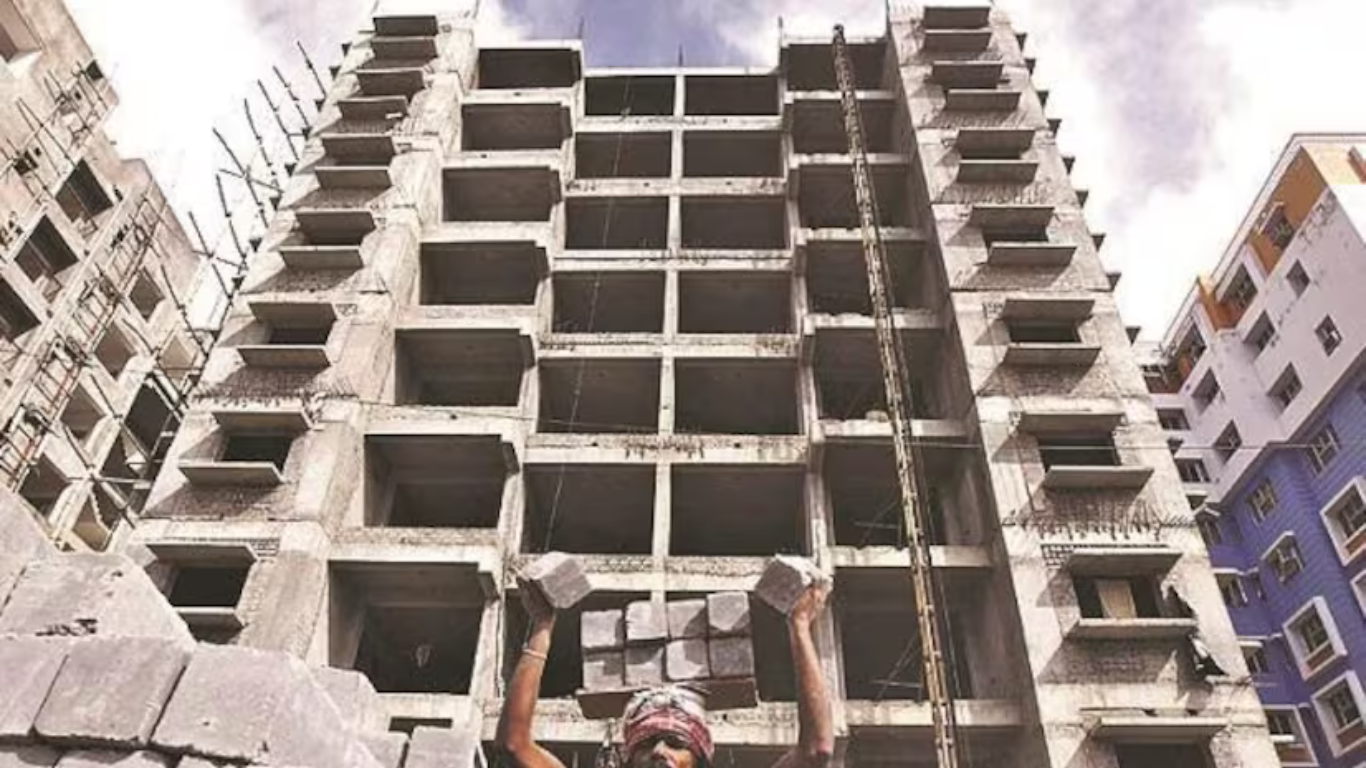


Affordable Housing Takes a Backseat:
In a recent development, the state has reinstated No-Development Zones (NDZs) in the city. A notification issued on Thursday officially annulled the provision for affordable housing within these zones, previously designated as Special Development Zones. Moving forward, only high-density slums will bear the designation of SDZs. Stay tuned for further insights into this reshaping of city development policies.
The recent notification marks the reintroduction of a low floor space index of 0.025 on No-Development Zones (NDZs), accompanied by permissions for diverse developments. This includes avenues for tourism development, establishment of educational institutions, construction of ground-plus-one residential structures, and the creation of IT parks, among other possibilities. Stay updated on how these policy changes will shape the city's landscape and offer new opportunities for various sectors.
The urban development department has issued a notification calling for objections and suggestions in the approval process for the remaining Excluded Parts (EPs) within the Development Plan (DP) 2034, specifically addressing Special Development Zones (SDZs). The DP comprises two components: Sanctioned and Excluded. Sanctioned Parts denote provisions prepared for immediate implementation, while EPs introduce new provisions, prompting the government to seek public input through objections and suggestions. This interactive process aims to ensure transparency and community involvement in shaping the city's developmental policies, aligned with recent changes affecting NDZs and SDZs. Stay engaged for opportunities to contribute to the urban planning discourse and stay informed about the evolving cityscape.
Former Chief Minister Uddhav Thackeray had declined approval for the Excluded Parts (EPs), citing ecological concerns and potential harm to Mumbai. Thackeray's detailed note explaining his decision was documented. Subsequently, landowners sought resolution through the Bombay High Court, which directed the state to make a decision within eight weeks. The current decision by the Eknath Shinde government is to eliminate SDZs, with the exception of areas designated as high-density slums. Stay updated on this policy shift and its impact on Mumbai's urban development.
Architect Vilas Nagalkar said this new notification will restrict construction on NDZs. "The earlier plan was to allow unabated construction in such zones. Only it will be for redevelopment of slum pockets," he told TOI.
Urban researcher Hussain Indorewala highlighted that the recent notification eliminates affordable housing from Special Development Zones (SDZs). Indorewala emphasized that only densely populated slums, meeting the criterion of 650 tenements per hectare, will undergo redevelopment through the slum rehabilitation scheme on such lands. The exclusion of affordable housing in SDZs prompts questions about the government's reassessment of the supply and demand dynamics for affordable housing. Stay informed about the evolving urban development policies and their potential implications on housing strategies in Mumbai.
The significant hurdle in implementing affordable housing in these areas stemmed from the lack of civic infrastructure. A town planner suggested that the absence of interest from builders in participating in the affordable housing scheme may have influenced the state's decision to abandon it. Stay tuned for insights into the factors shaping housing initiatives and infrastructure development in these lands.
Indorewala expressed uncertainty regarding the nature of development envisioned by the government in the proposed tourism and IT park zones. He noted a predominant focus on commercial infrastructure rather than essential facilities for citizens. Indorewala suggested that the government explore areas outside Mumbai for tourism development and IT parks. Stay informed about the ongoing discourse on the direction of development and infrastructure planning in the region.

News Articles
Other Real Estate News Articles